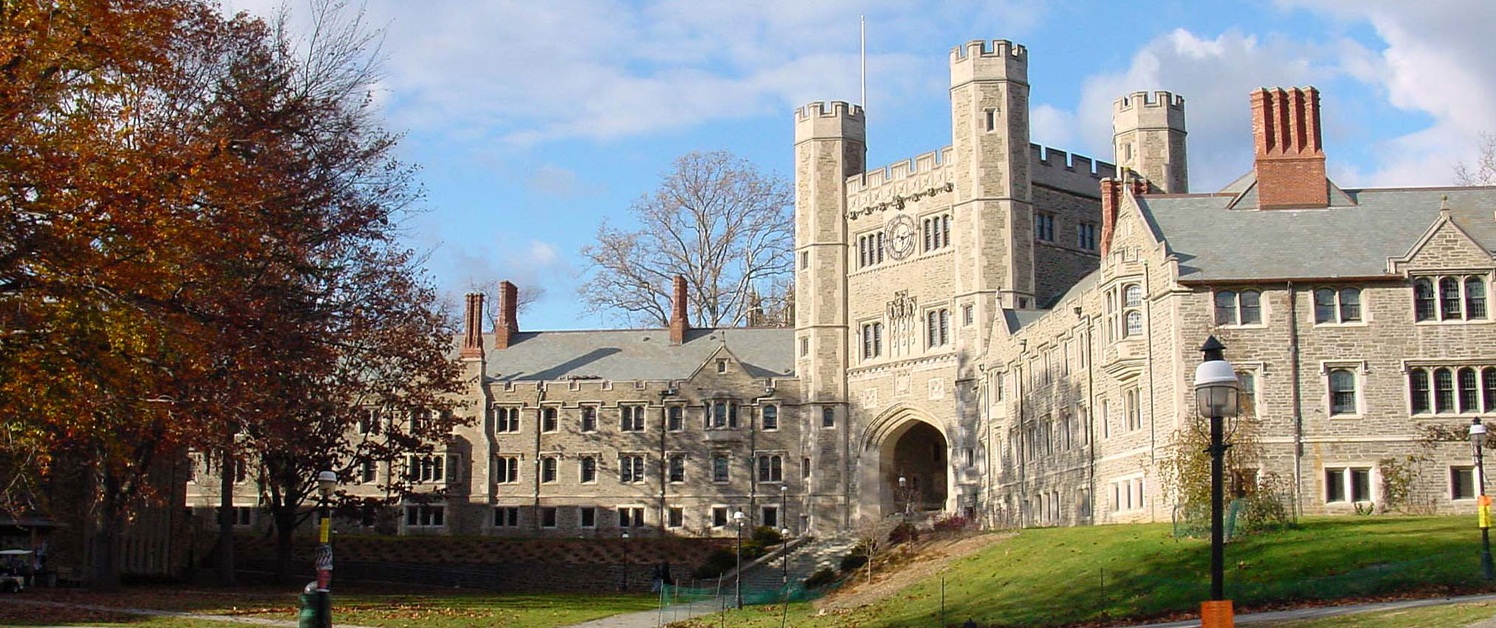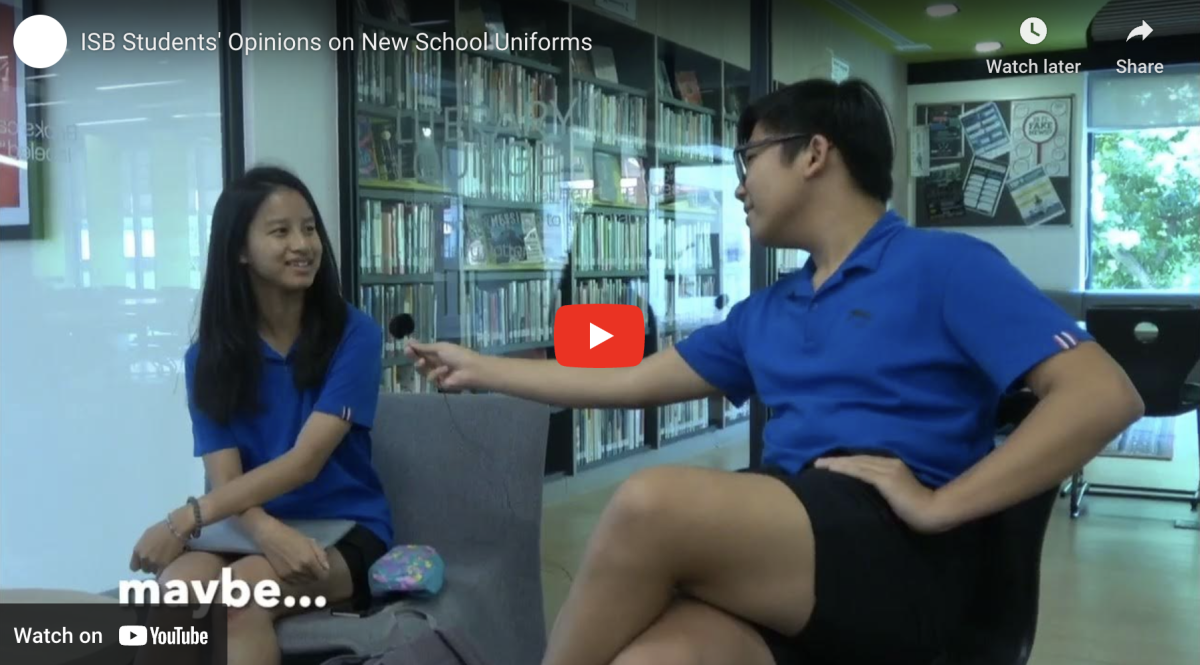The summer before my senior year, I received the first of twelve personalized emails from the college of my dreams. “Greetings from Princeton”, the subject-line read, knowing that their name alone would make any high school student’s heart leap with excitement. Their inviting message, filled with colorful banners and scenic shots of the school, immediately transported me to the northeast state of New Jersey. I imagined myself strolling the campus in the fall of 2015, flaunting the iconic Princeton orange and black and socializing with other students who made up the exclusive 7%.
But as special and privileged as I may have felt at the time, I was not the only one to be wooed by an Ivy League school, or by any university for that matter. According to an investigation by The Wall Street Journal, universities send hundreds of thousands of personalized letters to high school students every year. Understandably, many juniors at ISB are also now receiving overflowing amounts of emails in their inboxes. With the ability to send an email straight to a student’s inbox at almost no cost, many universities are taking the opportunity to send away, hoping to reach as many students as possible with extensive advertising.
So how did colleges hear about us, and what exactly do they know about you as a student? On the PSAT, the primary tool for college recruiting, there was a bubble that gave College Board permission to release your email to colleges all over the United States. Ultimately, many colleges buy into this and purchase lists of student names and e-mail addresses from companies such as College Board, sending out emails en masse. By reaching a greater audience, they hope to increase the number of people who choose to apply to their school. An article by Bloomberg references the former dean of admissions at Yale, Jeffrey Benzel, who stated that, “total application count is taken as some kind of proxy for school popularity.”
The bitter truth is that many of these schools are just looking for the numbers. They know they can’t accept everyone, but the more people who apply, the lower their rate of acceptance. Ultimately, a low acceptance rate for a college not only looks better, but also means they earn a boost in national ranking, which continuously feeds into the cycle of increasing exclusivity for the sake of attractiveness. In fact, as a result of increasing their number of applicants, many colleges have risen drastically in the U.S. News college rankings. In 2002, for example, Northeastern was ranked at #127, but after years of intensive marketing, it now rests comfortably at #42.
In addition to advertising, the adoption of the Common Application has also created the illusion of prestige and exclusivity. According to Washington Monthly, by easing the process of applying to college and making applications more accessible, the Common Application has allowed students to easily apply to more schools, even those they are not as qualified for. In 2009, as stated by the Washington Monthly article, only 12% of students applied to seven or more universities, compared to over 29% in 2011. Also, after beginning to use the Common Application in 2013, the University of Chicago was able to increase its number of applicants by over 20,000 and reduce its acceptance rate by 24%, pulling ahead of its closest competitors, University of Pennsylvania and Northwestern University, in the U.S. News rankings.
So while these emails may make you feel extremely special and encourage you to apply, I implore you to make your college decisions independently and carefully. While you may be initially attracted to “brand-name” schools like Princeton and Yale, remember that every college is different, and that there may be one more suited to you as a student. Essentially, the key to producing a high-quality college application is to conduct your own intensive research into the school, using websites other than U.S. News. Rather than being blind-sighted by names, emails, and admission rates, explore the school’s reviews, curriculums, alumni networks, and research facilities. Find clubs and activities you might want to join or classes that you’d love to be a part of.
Ultimately, the university you end up attending in the future will be more than just a name or a reputation— it will be an experience. Take pride in knowing that you weren’t one to fall victim to marketing schemes and make sure that your future college experience is ideal for you.
Thanya Chat







